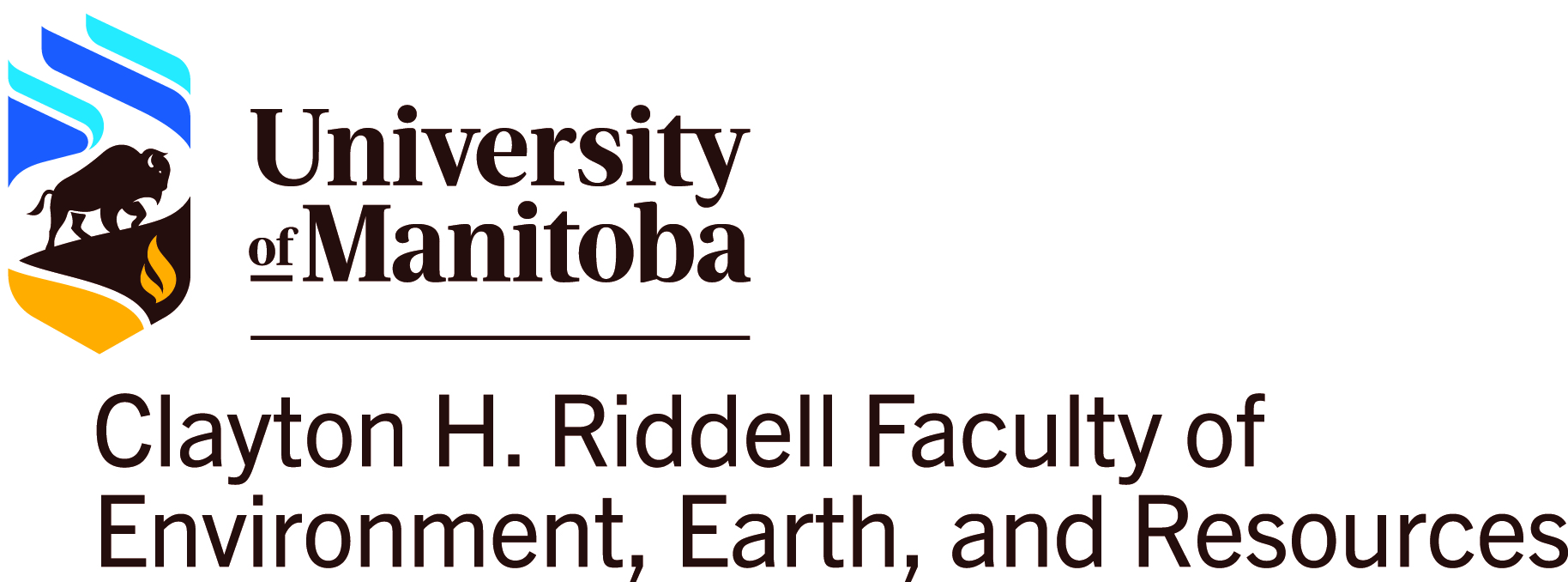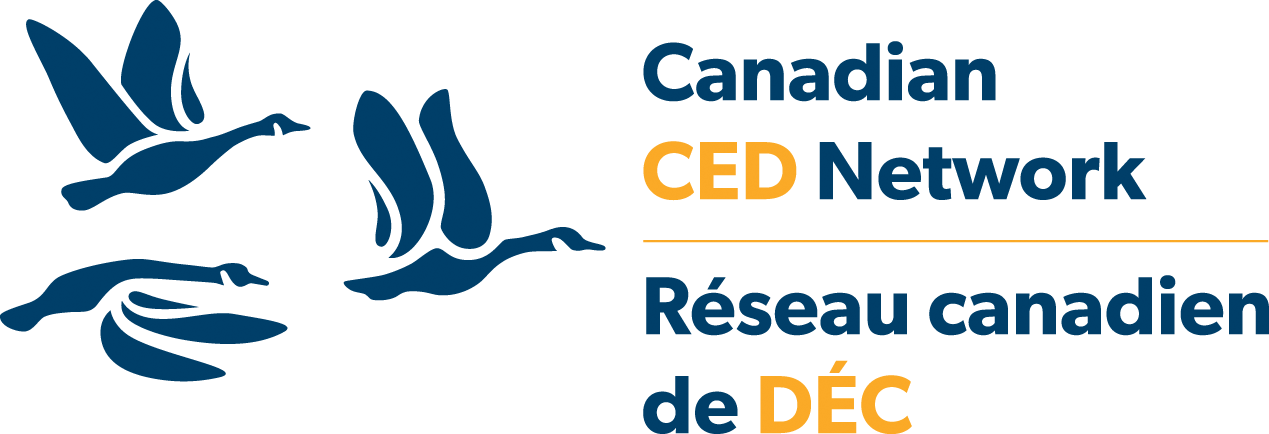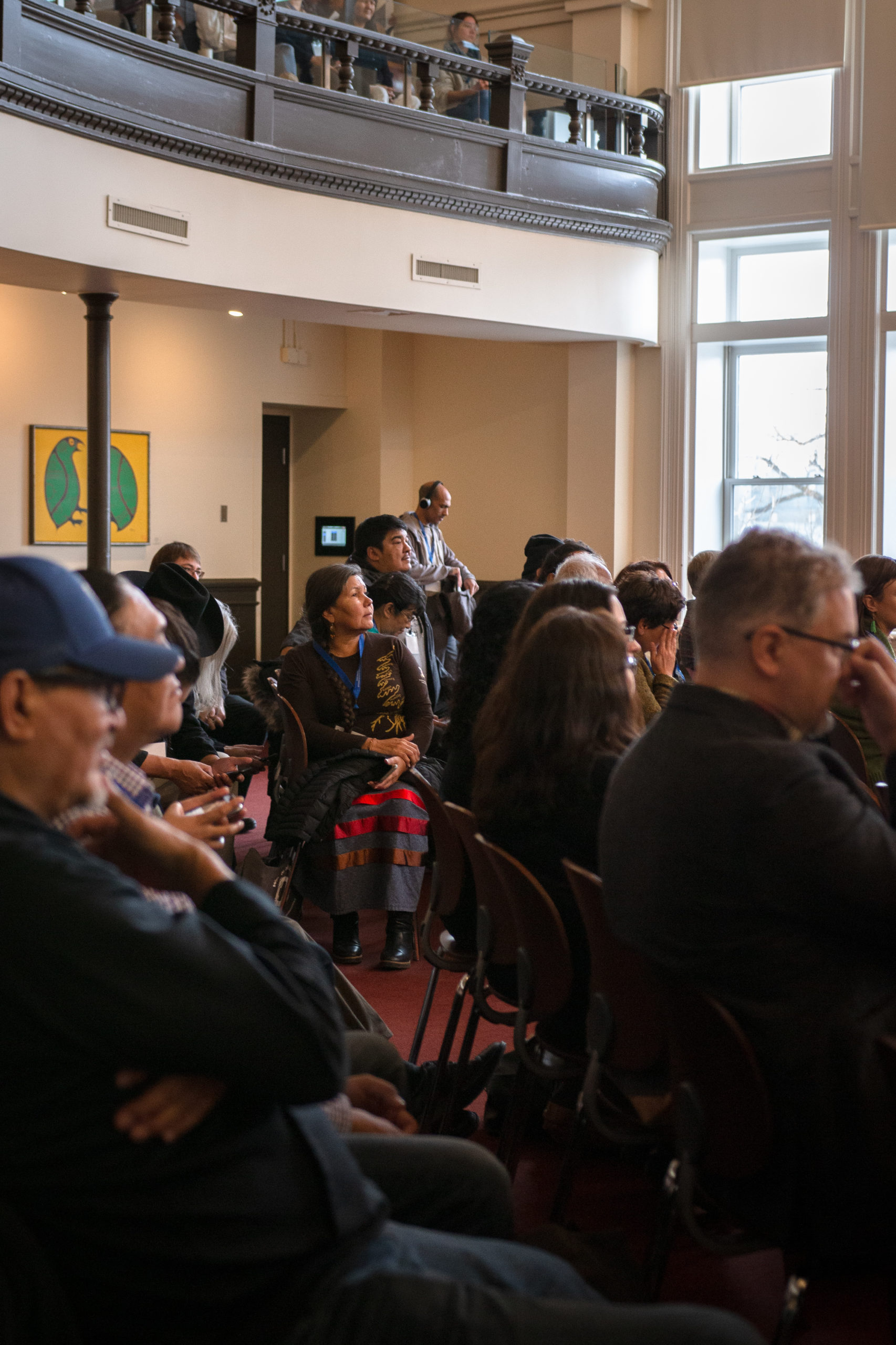
About the Conference
The 2019 Ki Ta Ski Naw Conference was held from the 8th to 10th of November in downtown Winnipeg on the University of Winnipeg. It brought together participants from Manitoba, B.C, Newfoundland and Labrador, the USA, Mexico, Latin America, as well as India, to discuss social, environmental and economic hydro-development impacts and solutions. Ki Ta Ski Naw means Our Land in Cree and the theme for this year was ‘Reflecting and Acting on Hydropower and Energy Justice.’
The days started early with plenary sessions and keynote speakers in the morning, a lunch break and breakout sessions in the afternoon. The conference started in a good way with a pipe ceremony as in Convocation Hall on the first morning. Many took the time to attend this earlier session and for quite a few it was their first cultural experience in Canada, an opportunity that they appreciated.
The morning plenary sessions brought together all participants of the conference in one space to learn about various topics. Site C through Keeyask to Muskrat Falls talked about the larger Canadian struggle in opposition of mega dams that are to be or have been built by Hydro Quebec, BC Hydro, and Manitoba Hydro. International Resistance to Hydro Development was held in both Spanish and English and discussed the startling similarities of hydro impacts within Indigenous communities in Panama and throughout South America. The role that Canadian multi-nationals play in inflicting these impacts was also highlighted, as was the resistance by people to this so called development. Different ways of Taking Action on Hydro Development tackled the positive end of the resistance, showing that when and where people work together, the seemingly impossible can be achieved.
The keynote speakers over the four days were Winona LaDuke, Tshaukuesh Elizabeth Penashue, Deepa Joshi and Senator Mary Jane McCallum. All the speakers were women of colour from communities impacted by hydropower and/or energy extraction. From Joshi’s research accounts, LaDuke and Penashue’s advocacy work, to Senator McCallum’s government work, all four women had very different yet complementary contributions to the larger story of Indigenous resistance to resource extraction. Look out for some of these presentations, which will soon be available online through our e-newsletter and on our website.
The breakout sessions took place in smaller settings to facilitate meaningful discussions around specific topics. From discussions of gendered impacts to GIS mapping and even to art and storytelling, there were many interesting workshops. Hard decisions had to be made when deciding which workshops to attend!
After long days, the evenings were a time for people to get to know each other in a less formal setting. On the first evening, breath-taking stories were shared by Cree Poet & Storyteller, Duncan Mercredi about life and about culture. The silence at the end of the stories showed just how immersed in the stories the listeners were, it was also an opportunity to think deeply about one’s own life. The next night there was a round dance with the Chitek Lake Singers from Saskatchewan on campus much to the delight of many. There were lots of giveaways but the experience of dancing, laughter and happiness around the room was the biggest take home. Many relationships were built during these evening as people had conversations about anything and everything. It was a delight to watch complete strangers relate so closely, as they realized that indeed they were all working towards the same goal.
The last day of the conference was an opportunity to head outside and be part of a movement. Many people had been making signs over the past few days and it was our chance to use them. The signs showed the impacts of mega dam development on the fish, homes, waterways, and larger environment. A long blue piece of cloth was also brought along to signify the rivers affected by hydro dams. We bundled up and headed into the snowy day determined to make it known that, Hydro Power is Not Green Power! It was a sight to behold as old, young, local, international, northerners and city folk all marched in solidarity to the Manitoba Hydro Courtyard. We delivered an invoice to them that showed all the costs of hydropower, the total cost of the invoice was “Incalculable”.
The impacts of mega-dams cannot truly be undone. The destruction of waterways, decline in fish populations, destruction of trap lines, increase of toxins in country food, destruction of burial sites, gendered-based violence, flooding, displacement of people and animals, breach of contracts and licences, loss of culture, loss of lives, and Methyl Mercury poisoning is truly hard to calculate. If all these impacts were, they definitely would not be worth the revenue generated from these dams.
This conference was a chance for people in the same struggle locally and globally to meet, a chance to see just how similar the impacts of hydro development are across borders, a chance to unite around a common cause, and that was a success!
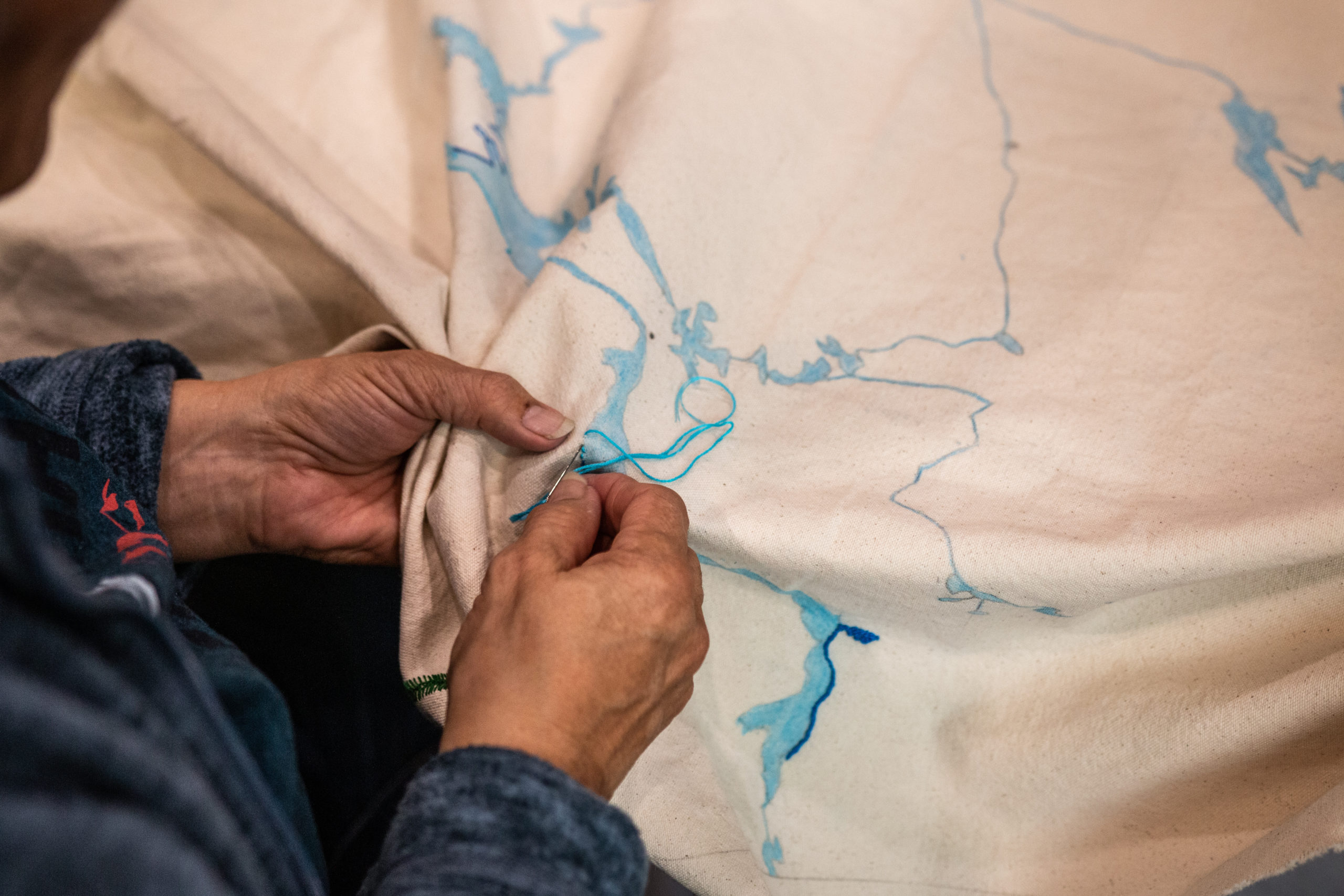
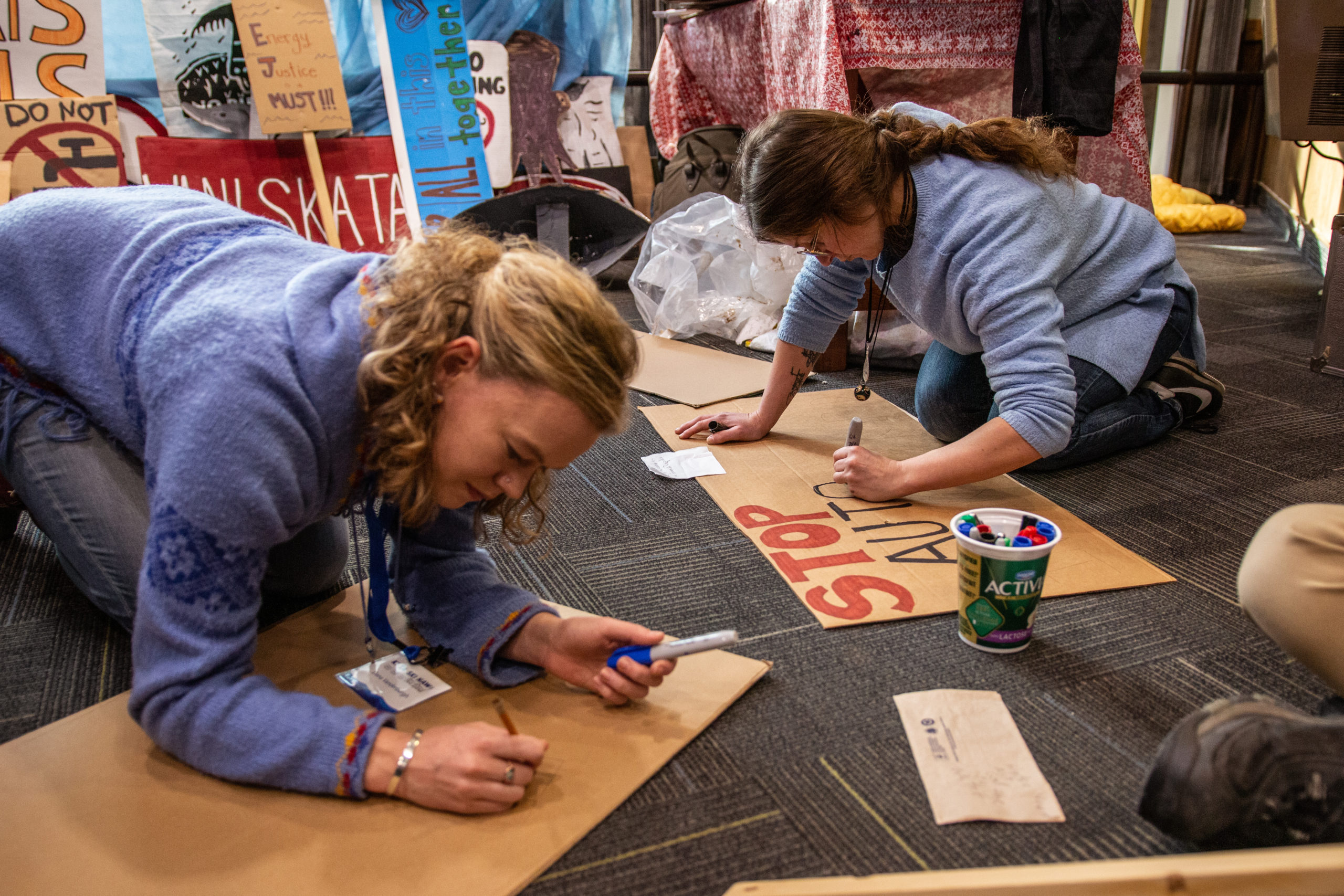
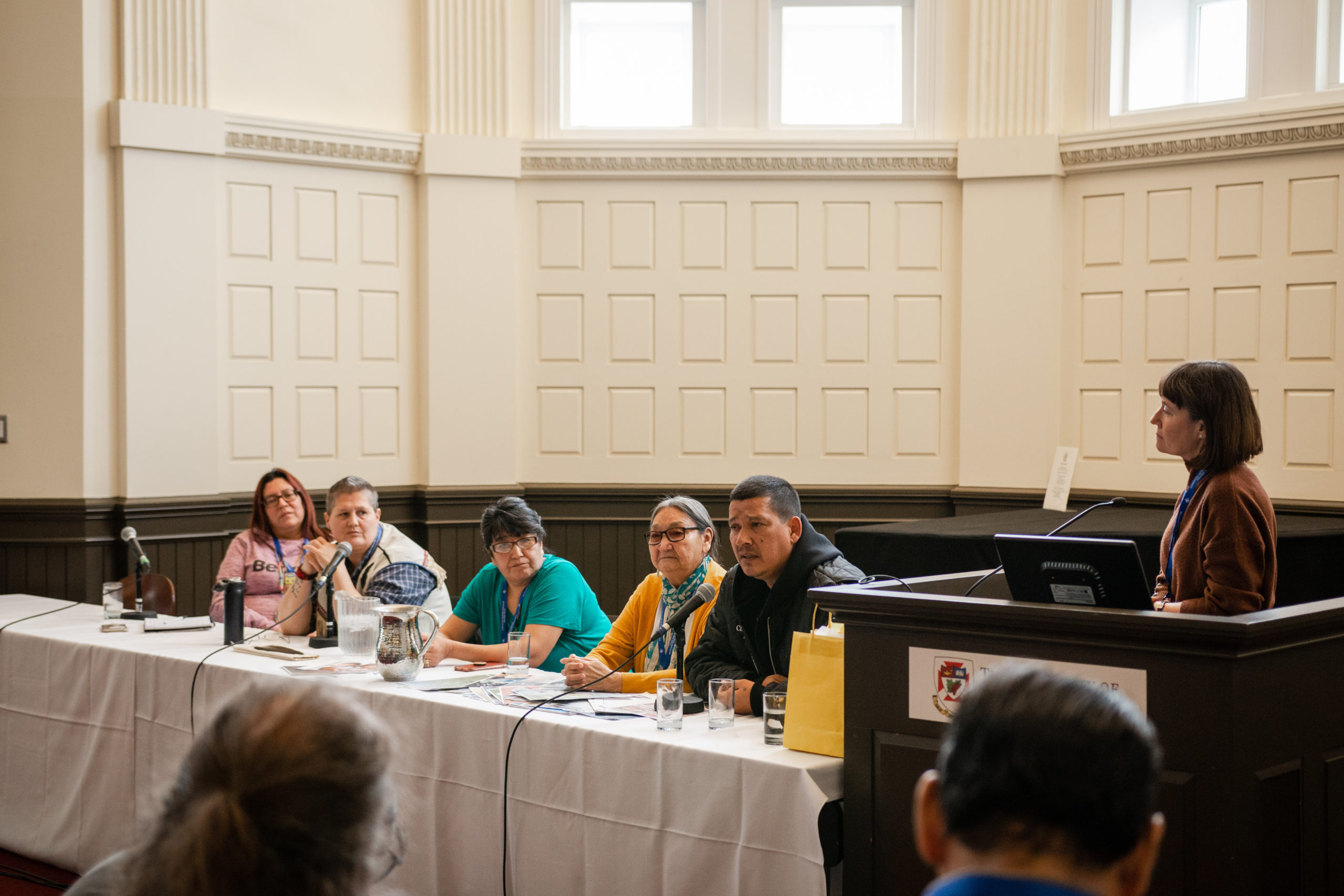
Thank you to Our Sponsors
